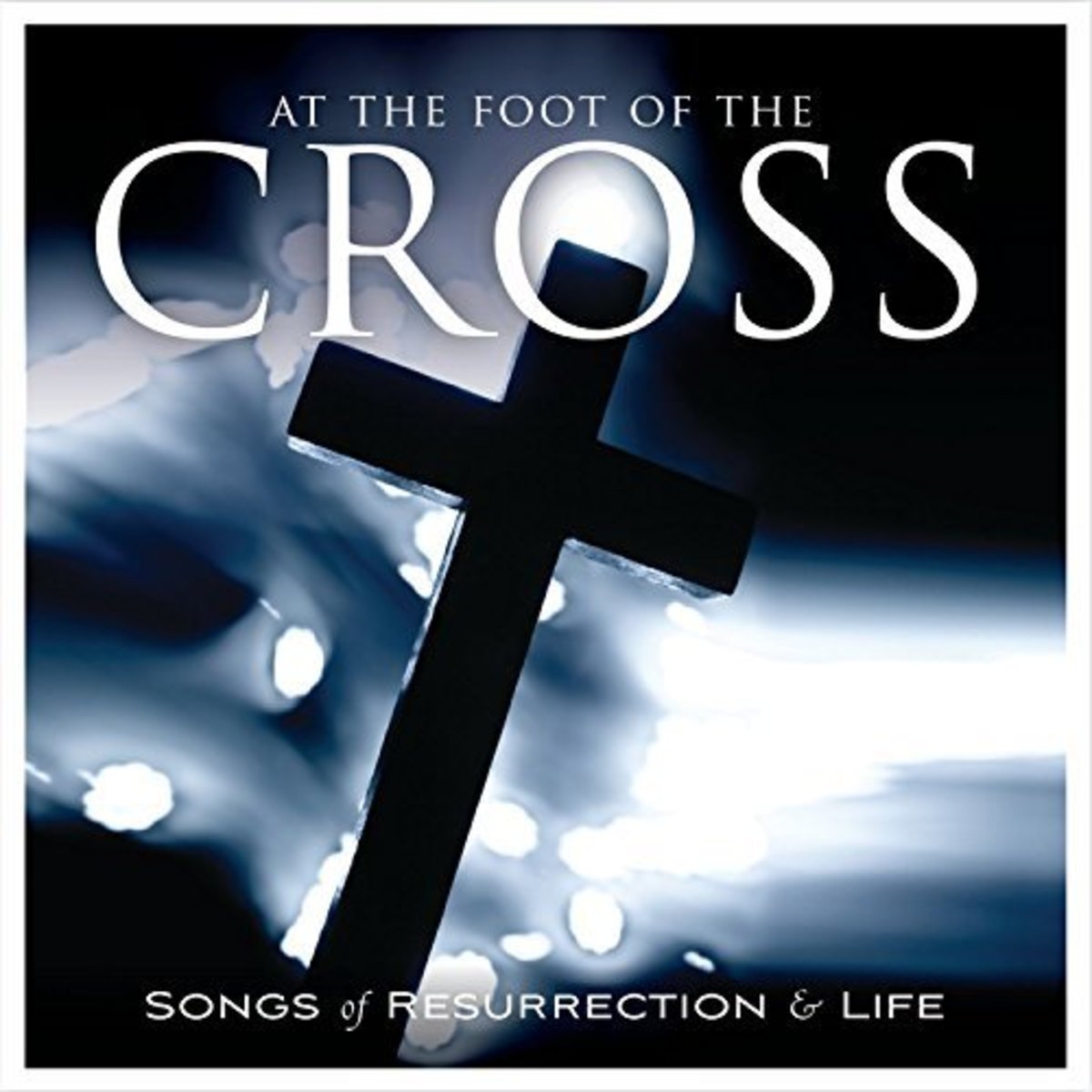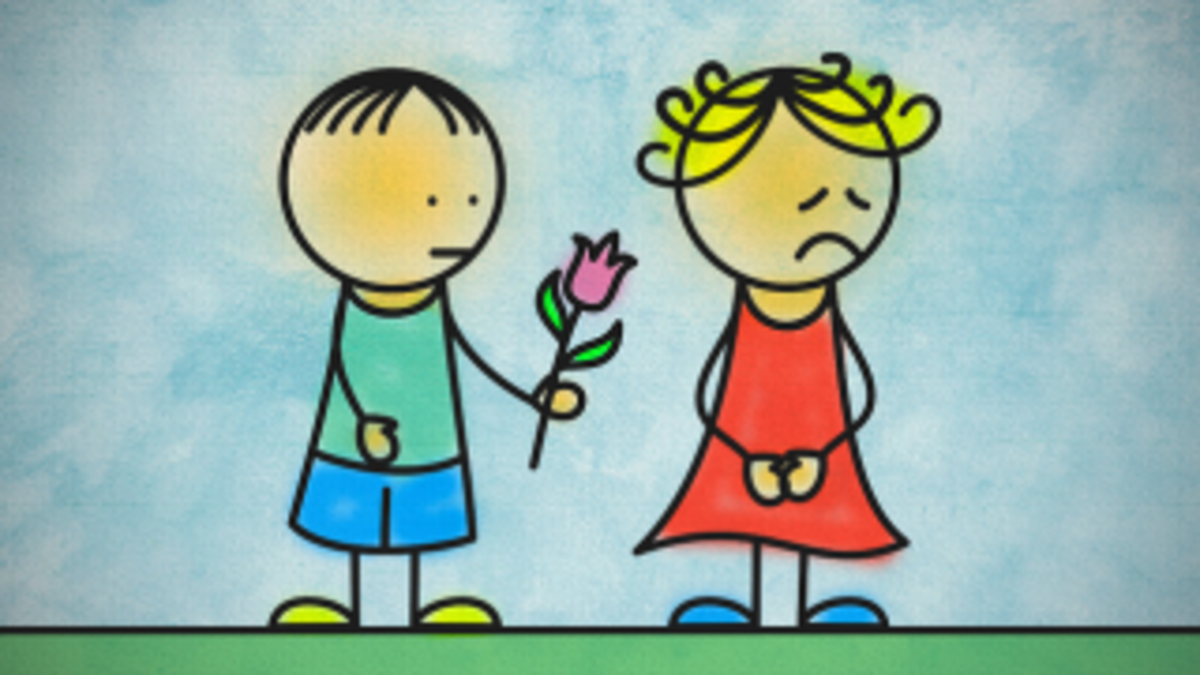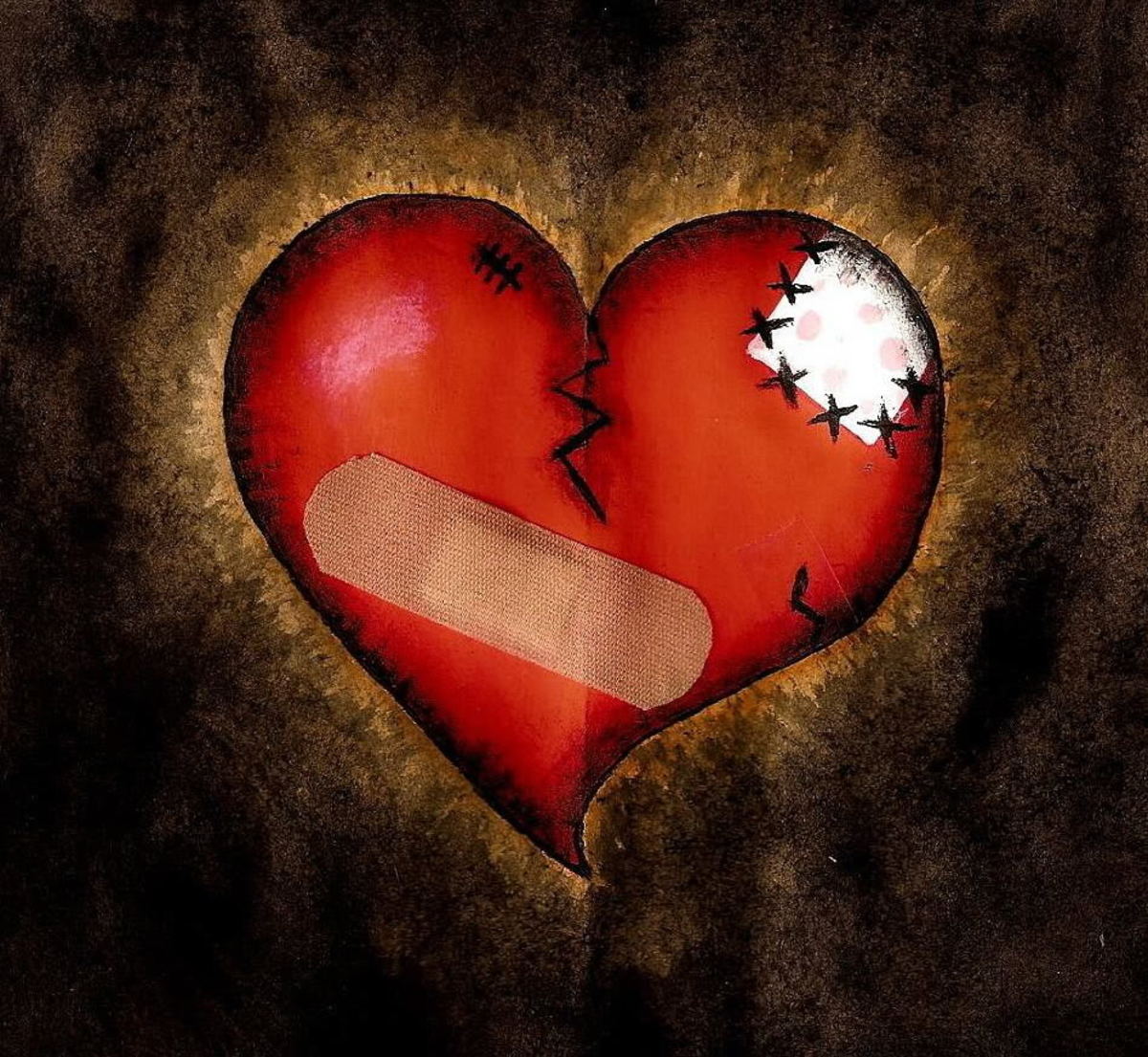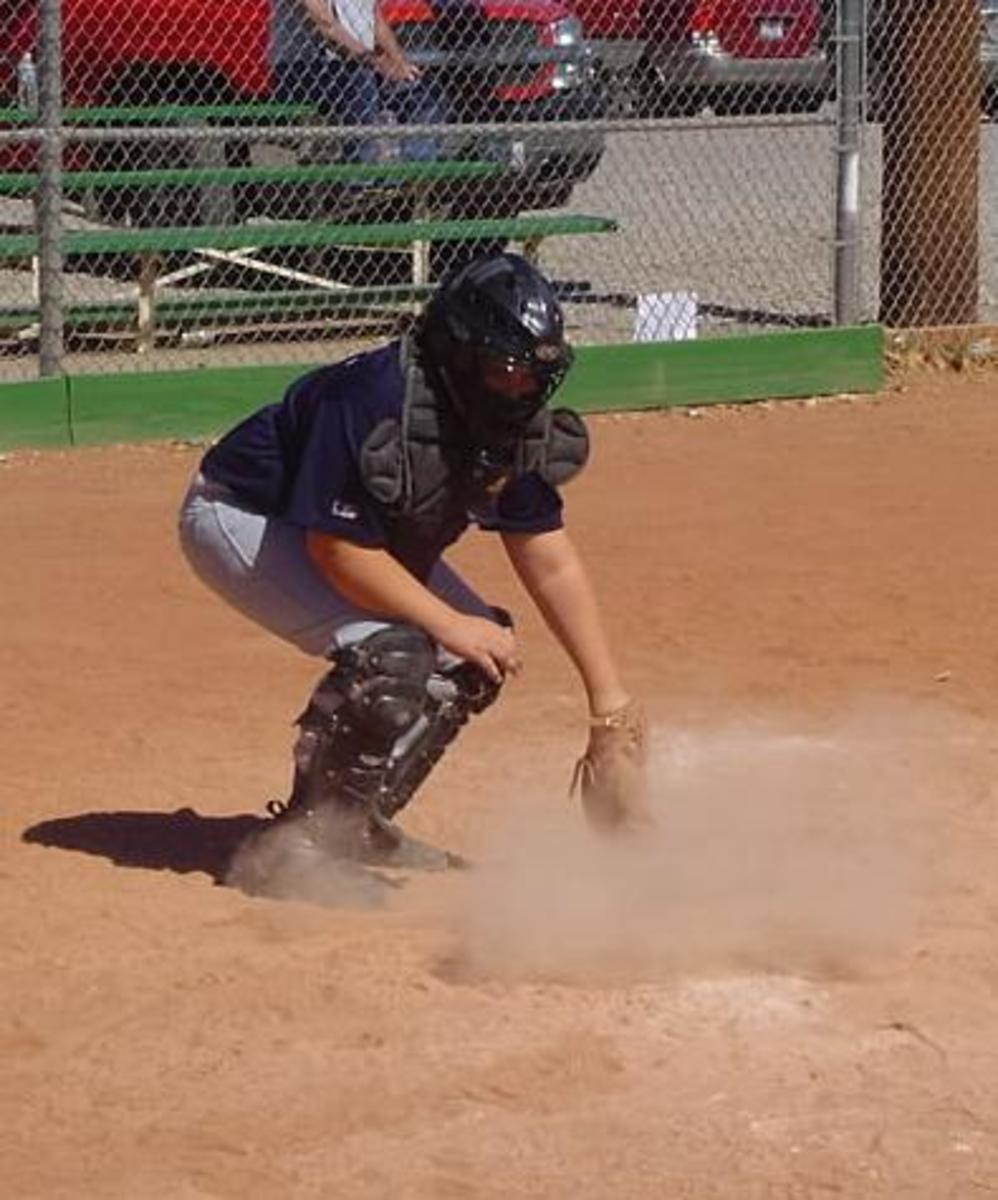Practice Instant Forgiveness

To forgive is to provide release from the bonds of guilt. Free yourself from past negativity by practicing instant forgiveness.
Whenever you perceive that you have been treated unfairly, before you take any other action, forgive. You may then remedy the injustice without the suffering of anger.
The opposite of forgiveness is the state of being unforgiving: holding a grudge, or, in other words, clinging to blame. Blaming is the assignment of fault, and we only assign fault for events or results we do not like, whether real, anticipated or imagined. We do not assign blame for events or results we enjoy, only for events and results we don’t like. For things we enjoy we assign thanks or gratitude to those who helped create the pleasurable experience.
The world is full of blame. It seems that everyone wants to blame someone. No one wants to own their troubles. We think that we cannot be responsible for our own troubles. It must be someone else’s fault. After a very short time in the world we find that people are quick to blame us and we may soon find ourselves blaming them. Many of us put on armor to protect us from blame, but this armor isolates us as much as it protects, and in the end we find it only cumbersome and not helpful at all. We find that this path is unproductive because it leads us to a place where we distrust the universe.
If blame is the ‘Wicked Witch of the West,’ responsibility is her good cousin from the north. Blame looks backward while responsibility looks forward. Blame carries connotations of anger and sadness concerning events that have already occurred. Responsibility carries connotations of capability and reliability to make things right in the present or future. Since our negative feelings about past events will have no effect on them, looking back on these events with anger or sadness only serves to cause us suffering. Looking forward, one can take responsibility for trying to ensure that negative events can be redressed or at least do not recur.
It is important for us to acknowledge our mistakes. Sometimes, however, we blame ourselves, citing some personal defect as the cause for things that may have gone wrong. If we instead take the learning from the negative experience and use that learning to make our future better, we find that we have gained rather than lost. If we blame ourselves all we accomplish is feeling bad. If we own our mistakes and learn from them, we improve.
Sometimes blame is appropriate. If a person is guilty of violence or deception it is right that blame and guilt should adhere to them and punishment be prescribed by a lawful process. But no matter what the person did to you, if you cling to blame, holding blame for them in your heart, it is only you who suffer. This is not justice. True justice is when the innocent can learn to forget the wrong they have suffered and go on happily with their lives. Sadly this is not always possible.
To defend against the suffering that comes from clinging to blame, practice instant forgiveness. You may not be able to instantly forgive at all at first if you are in the habit of holding a grudge; but if you are mindful of your reactions, after you calm down you can think about whether the grudge really serves you. Almost always you will find that the grudge – the clinging to blame – only brings suffering and serves no other purpose.
Often we blame others for simple blunders or mistakes due to laziness or ignorance. Mistakes, however, are an opportunity for learning. We all learn by making mistakes, and we should not begrudge others their turn. When others affect us negatively by making a mistake, it does not serve us to judge them harshly or punish them. If it is possible to point out their error with humility and grace, then some learning is possible, both for us and for them.
Sometimes it is very important to point out the error of another person. Some mistakes can be dangerous or even fatal. We should try to keep each other from harm. However, often it is more important for the person to learn from their mistake than it is for us to prevent them from making it. When we try to prevent people from making mistakes, sometimes we only succeed in preventing them from learning what they need to learn.
In any case, there is no reason at all to be angry at someone whose did not intend to hurt you. Perhaps you will be initially angry if a thing you value is damaged or you are injured, but if you cling to your anger you will only prolong your own suffering. The sooner you forgive, the sooner you can move toward a happier state of being.
What is instant forgiveness, really? It’s an integral part of love. Love your fellow humans. Forgive them... instantly.









